Yoga is gaining popularity for its role in battling stress, anxiety, and depression. Time and again, health and wellness coaches and clinicians have been stressing about practicing yoga for a healthy body and mind. But, what is the science behind yoga and stress?
You may think yoga is just a set of body-bending exercises where you twist your arms and limbs and focus on your breath. But, there is a lot happening under the skin and in your brain while practicing yoga. Read on to know what yoga does to your brain chemistry and nerve connections.
Before I get into that, let’s first discuss –
The parts of the brain that play a key role in stress:
1. Emotional brain
This comprises the amygdala and its connections, medial forebrain structures including the medial prefrontal cortex.
2. Logical brain
It comprises the dorsolateral prefrontal cortex, other parts of the prefrontal cortex, parts of the cingulate cortex, and parts of the hippocampus.
The emotional and logical brain serves the functions of emotion and cognitive function as well as plays a key role in stress.
Our emotional brain triggers a stress response via the sympathetic nervous system. And, it manifests as an adrenaline rush and increases in cortisol (stress hormone) levels in your circulation.
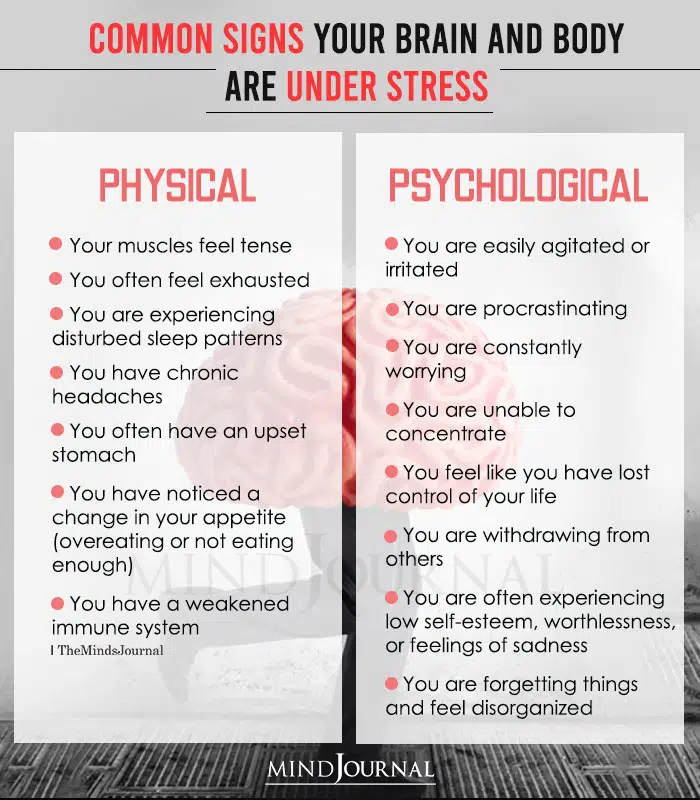
On the other hand, the logical brain tries to shut down this stress response and restrain the emotional brain. The stronger the logical brain, the lower the stress response. Once the stress response is turned off, our parasympathetic nervous system signal is activated.
Yoga is known to stimulate the parasympathetic nervous system, which in turn initiates a cascade of events like blood directed towards endocrine glands and other organs, lowering heartbeat and blood pressure. This restores a balanced and calm state of mind after major stress is over.
In short, a strong logical brain and relaxation go hand in hand.
Also read 7 Science-Backed Benefits Of Journaling
Do you know that stress response and the relaxing signals travel through our body in a particular route? And, parts of these routes such as carotid arteries of the neck have switches. Do you know you can physically manipulate to turn these signals on or off?
Yoga can train the entire stress circuit at two levels:
1. Yoga activates the logical brain
Your logical brain is activated every time you are holding a specific yoga posture, concentrating on your breath, and trying to balance. As you try to bend forward, lower your head, the yoga posture turns on the relaxation signal through the switches in the neck. Because, bending forwards and lowering our head increases the pressure of the fluid within the cranial cavity, bringing our blood pressure down to compensate for this.
It means with every yoga posture your logical brain and the relaxation signal are turned on at the same time. This signal is responsible for keeping your emotional brain quiet.
As per brain imaging studies and MRI scans, yoga enlarges our brain. Scientists found that people practicing yoga have more brain cells than non-practitioners. With more hours of yoga, you can have a bigger brain size. Upon observing the brain scans of yogis, it was noted that they have larger brain volumes in the brain regions associated with attention, our concept of self, and areas critical to lower stress.

2. Logical brain fights stress response
Whenever you bend backward, it turns on stress response in your system through switches in your neck (as well as baroreceptors and through signals from other receptors including those within our vestibular system within the inner ear.). A similar process occurs when you are contracting your muscles.
If a particular yoga posture demands you to bend backward and contract your muscles while staying still and concentrating on balancing the position, your logical brain is challenged to overcome the stress response. Otherwise, you cannot hold and balance your posture for too long.
Now your logical brain is having extra resistance to stress which trains it like a muscle. That’s how yoga rewires nerve connections.
Also read 3 Effects of Gratitude On The Brain and Body, According To Science
Your brain is engaged in a heavy workout and does a lot of activity while you are trying to do yoga and change postures. Hence, at the end of your yoga session, you feel calm, relaxed, and refreshed. That’s the science behind yoga and stress!
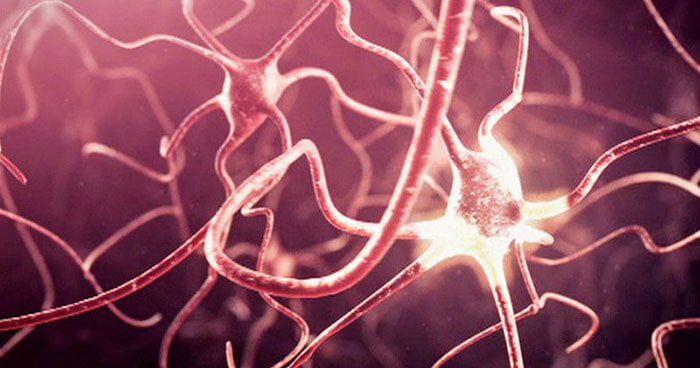
New circuitry that enables you to find it easier to control your thoughts is formed
Regular training strengthens nerve connections
Doing yoga on a regular basis trains your brain like a muscle. Over time, it results in a rewiring of nerve connections in your logical brain. This new brain circuit allows you to think clearly, control your emotions and channel your thoughts in the right direction. Training your logical brain in this way cuts the spiral of negative thoughts and prevents mental turmoil.
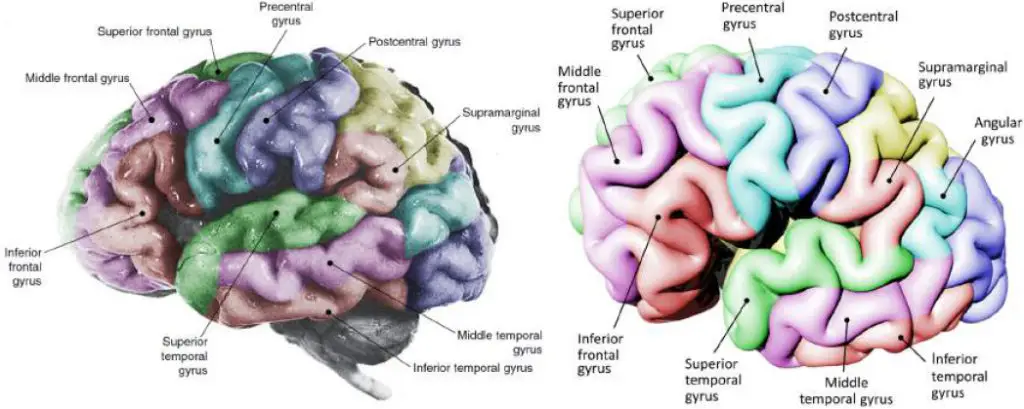
As yoga helps you lower cortisol, you become more aware of your negative thoughts, you tend to live in the present. You pay more attention to the present moment and let go of negative feelings for the sake of self-preservation.
This mechanism explains to some extent why yoga helps reduce the stress and symptoms of anxiety and depression. Stronger nerve connections in the logical brain increase relaxation signals and decrease stress responses. This is why you must add yoga to your daily routine to keep stress at bay.
Also read 22 Tips To Keep Your Brain Sharp and Young At Any Age
However, beginners must do yoga (especially if postures involve long hold) under a well-trained instructor to avoid any physical injury. To balance yoga and stress you must attempt yoga postures structured in a well-formulated sequence.
Are you ready to start yoga?
References:
- Gothe, N.P., Khan, I., Hayes, J., Erlenbach, E. and Damoiseaux, J.S., 2019. Yoga effects on brain health: A systematic review of the current literature. Brain Plasticity, 5(1), pp.105-122.
- Riley, K.E. and Park, C.L., 2015. How does yoga reduce stress? A systematic review of mechanisms of change and guide to future inquiry. Health psychology review, 9(3), pp.379-396.
- Smith, C., Hancock, H., Blake-Mortimer, J. and Eckert, K., 2007. A randomised comparative trial of yoga and relaxation to reduce stress and anxiety. Complementary therapies in medicine, 15(2), pp.77-83.


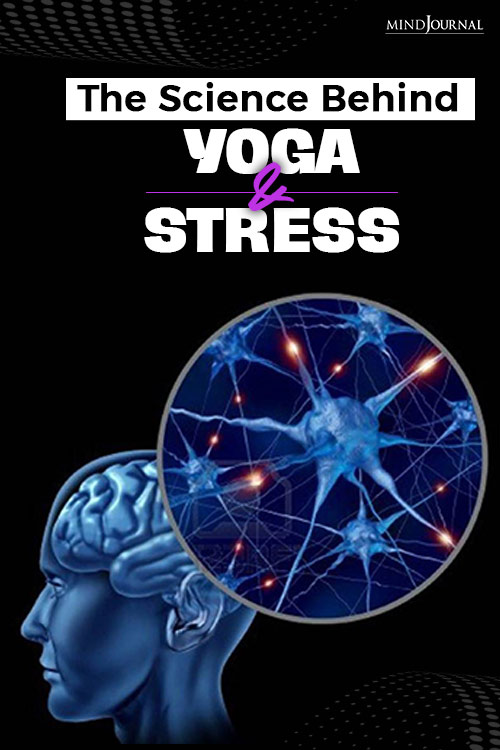
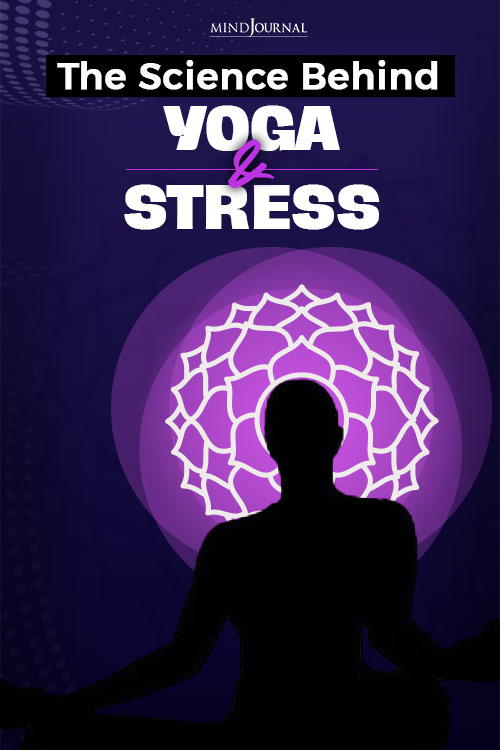
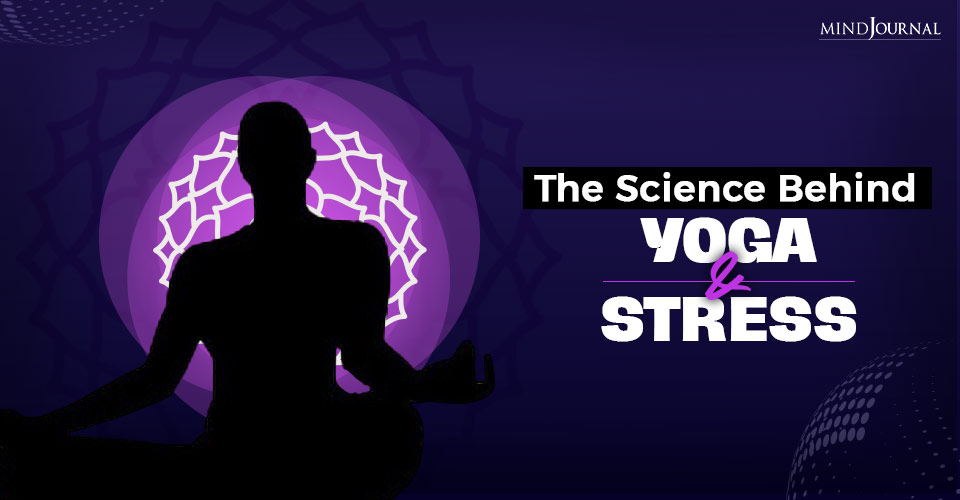

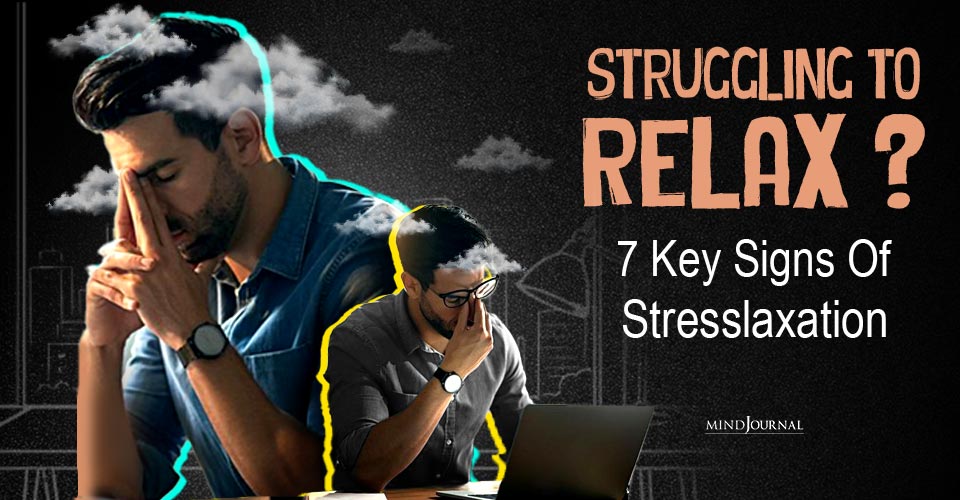





Leave a Reply
You must be logged in to post a comment.